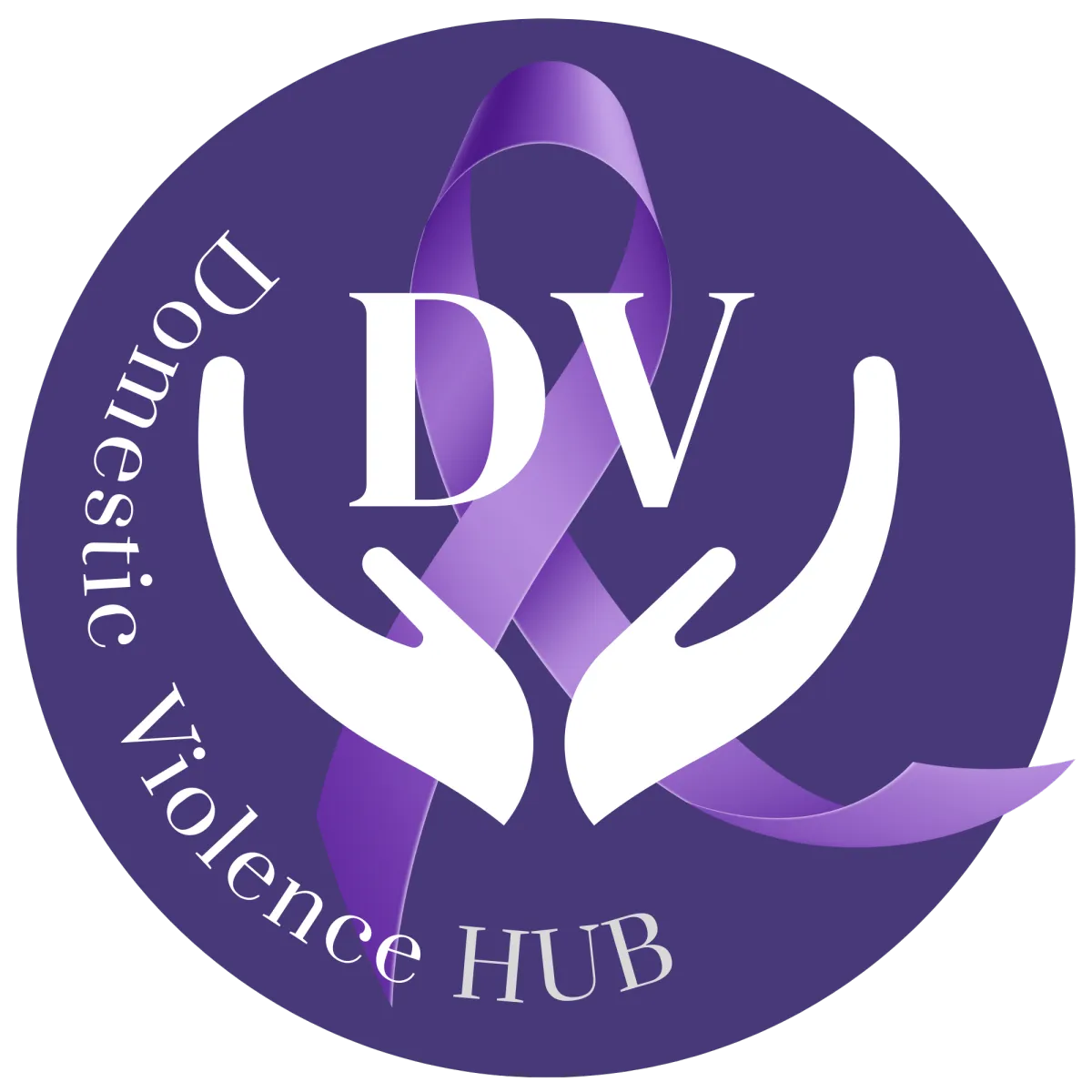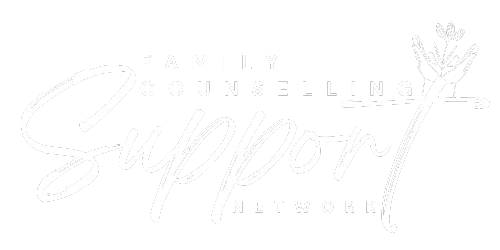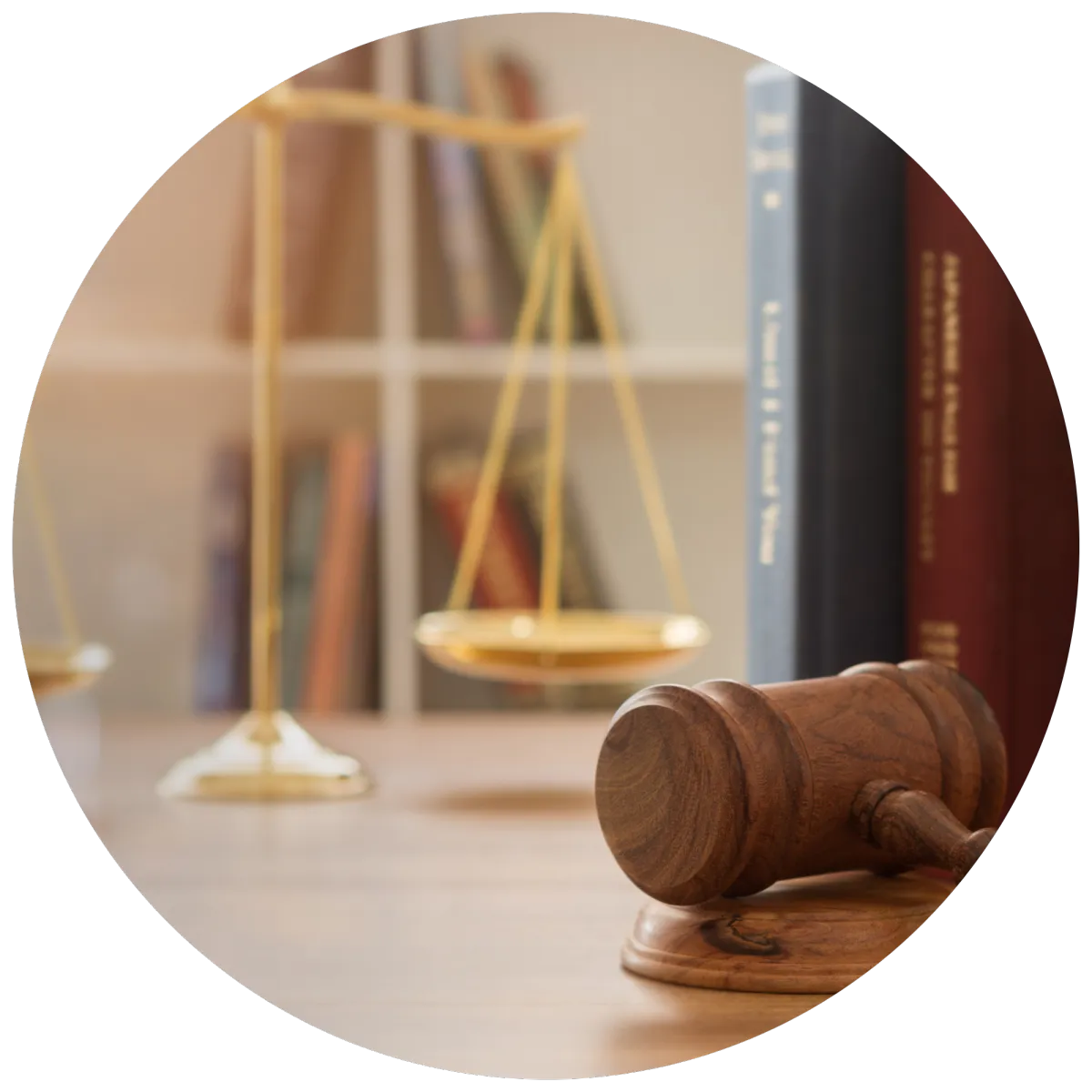True versus False Allegations
The DV Support Hub, provides FREE consolidated information on Australian domestic and family violence matters.
It is just one of the many hubs provided for free through Family Counselling Support Network, to Australians. If you, or are family member, are facing family and domestic violence or supporting someone who is, this hub provides information, resources and a guide on how to find support, keep safe, access resources and move forward safely with independence and greater confidence.
We endeavour to keep this information as up to date as possible.
This site is dedicated to the memory of all those who have lost their lives and the resilience of survivors.
If you have arrived at this hub because you or your loved one or friend is in need of support, we are extremely proud of you.
If you have arrived at this hub because you are seeking support to help find solutions to deal with your emotions, great move, we are also here for you to get the support you need.
Please know there is love and support for you. You've Got This.
There is never an excuse for abuse.

Domestic & Family Violence Hub Directory
Blog Posts

Am I eligible for Legal Aid?
Am I eligble for financial support through Legal Aid?
If you need a lawyer for ongoing legal help or to represent you in court and you don’t have enough money to pay, you may be able to get legal assistance from Legal Aid. Legal Aid is the Australian organisation that delivers a variety of legal services to disadvantaged people across your relevant state/territory. Unfortunately, they do not have the resources to help everyone with a legal problem and therefore can only assist if your case falls within their strict guidelines. The main ways they decide if you can access this legal help are as follows:
1. They look at your financial situation
a) They will do a ‘means test’ which will look at the amount of your total income (Centrelink payments including Family Tax Benefit A, Family Tax Benefit B etc. child support payment, child maintenance payments, spousal maintenance payments, what you earn including any investments, any insurance policy claims for example accident, sickness or disability benefits) and total assets (equity in your home, money in the bank etc);
b) They will consider any support or financial help you provide to other people, for example a partner or child/ren;
c) They will also look at the assets and income of any other person who provides you with regular financial support, for example gives you money, helps pay your bills, or shares your living expenses ( for example a relative, friend, spouse, former partner etc).
PLEASE NOTE: The MEANS TEST (the amount and assets/income you can earn to be eligible) is different for each state/territory.
They will also look at the ‘merit’ of your case
This means, what is the prospect/chances of your matter being successful if it went to court?
To decide this, Legal Aid looks at the legal situation and the facts of your case to decide if it is likely to succeed or fail if it goes to court – they consider - would a sensible person risk their money to take the particular case to court?
They might also look at your special circumstances
There are sometimes applicants who may not succeed with the ‘means test’ requirements but they deserve special consideration because they experience multiple disadvantages. This may mean you get some assistance with legal costs.
If you are experiencing, for example:
domestic violence,
live in a remote area,
have an intellectual, psychiatric or physical disability.
or other disadvantage,
you may be eligible for a grant of aid via Legal Aid’s special circumstances guidelines.
What to do next?
We highly recommend you do the following if you think you may be eligible:
Have a look at the Legal Aid Application form relevant to your particular state or territory to see what information they would require you to provide. There are a significant number of documents you need to submit with your application to prove your financial situation.
PLEASE NOTE: The Application Form and terms are different for each state/territory.
Write down notes on why you think you might be eligible or any other questions you have about applying for Legal Aid.
Ring your own state Legal Aid office for a free consultation to discuss whether you are eligible for Legal Aid and what to do next.
Ask Legal Aid how you can get help, if needed, to fill in the application form and to submit it.
NOTE: An interpreter can be arranged. Arrangements can be made to assist you with an accredited interpreter or National Relay Service for the hearing impaired.
The Application Form
The Application form must only be submitted in the approved form for your own state or territory.
NOTE: Each state/territory has a slightly different application form!
A copy of the Application Form is available by:
* The Legal Aid website – check it is the Legal Aid website for your state/territory (you can download the application from the documents sections).
*Collect the application form in person by going into any of the Legal Aid offices in your state/territory.
* Call them and ask for one to be mailed to you.
*Email your Legal Aid office and provide your name and address and ask one to be mailed to you or your PO Box.
If you qualify for Legal Aid
If you qualify (your application is approved), Legal Aid will get a lawyer to represent you under a grant of legal aid for your matter. They can speak for you in court, help you prepare legal documents related to your case and help you reach agreement with the other party.
This site is brought to you by Family Counselling Support Network
Book in with one of our professionals today
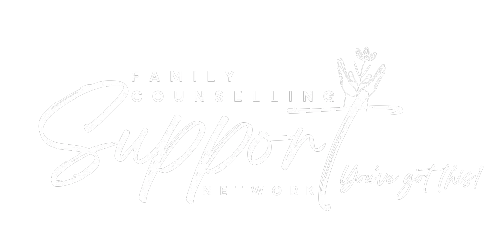

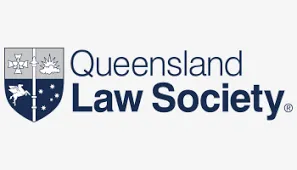
We are committed to protecting your personal information and respecting your privacy. This website uses cookies to analyze website traffic and optimise your website experience. By accepting our use of cookies, your data will be aggregated with all other user data.
DISCLAIMER: The material contained on this website is for general educational and information purposes only and is not a substitute for professional legal, financial, medical or psychological advice or care. While every care has been taken in the information provided, no legal responsibility or liability is accepted, warranted or implied by the authors or Family Counselling Support Network and any liability is hereby expressly disclaimed. For specific advice please contact us at [email protected]. All information contained on the website remains the intellectual property of Family Counselling Support Network and is for your personal educational use only. The information must not be reproduced or distributed without the express permission of Family Counselling Support Network.
Family Counselling Support Network acknowledges and respects the First Nations Custodians of the land where our offices stand, and where we work to help Australians. We pay respects to their Elders, past present and emerging, lore, customs and creation spirits. We recognise that these lands have always been places of ceremony, teaching, research and learning, and we acknowledge the important role Aboriginal and Torres Strait Islander peoples play in our community.
We are committed to providing an inclusive and accessible environment where people and communities of all identities and backgrounds are accepted, safe and celebrated.
Privacy Policy | Terms and Conditions
